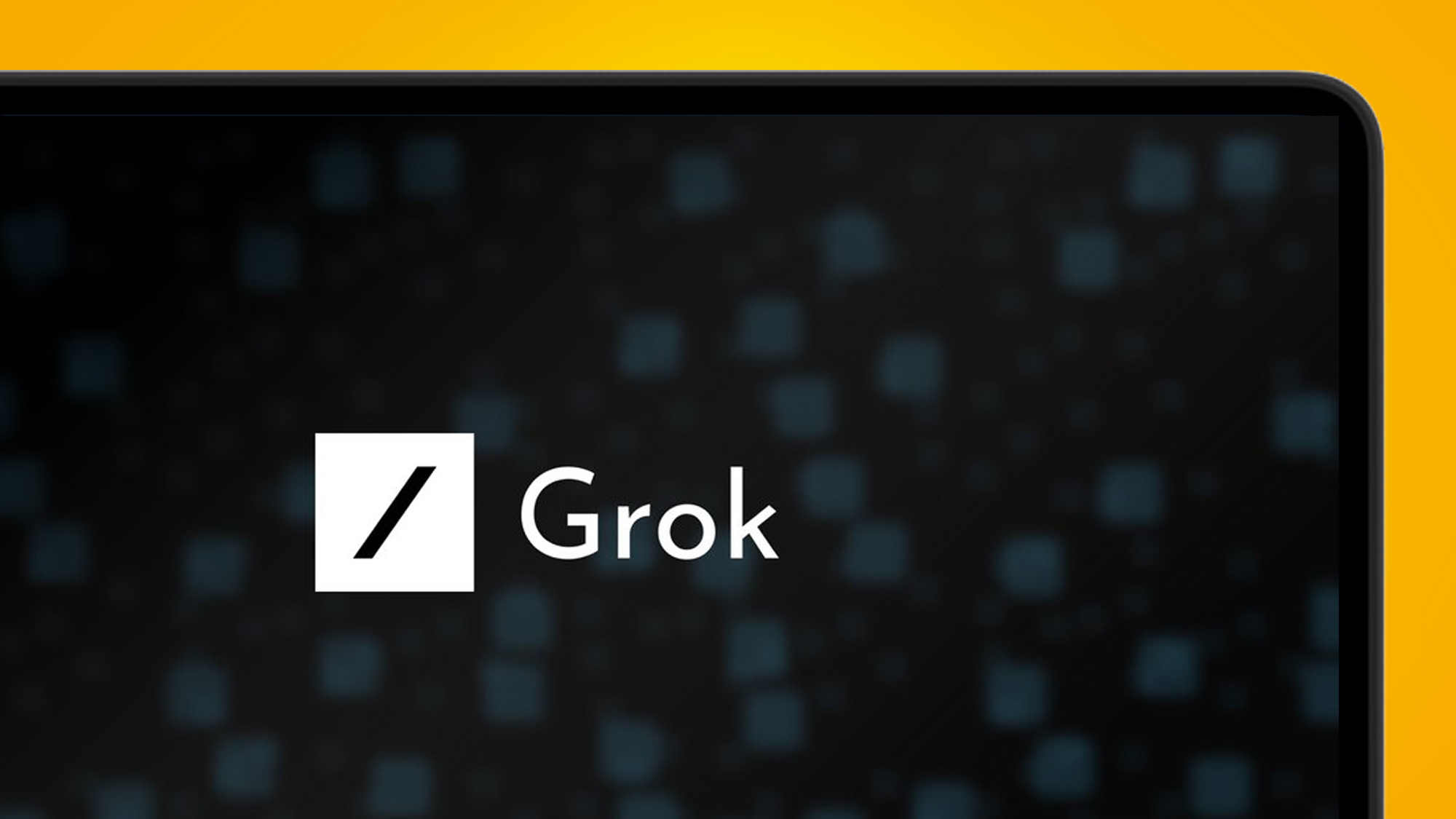Elon Musk's new AI chatbot will answer the 'spicy' questions that ChatGPT won't
But how exactly does Grok compare to ChatGPT?

Sign up for breaking news, reviews, opinion, top tech deals, and more.
You are now subscribed
Your newsletter sign-up was successful
Elon Musk's new ChatGPT rival, Grok, has officially launched just as the xAI founder promised last week – and the AI chatbot promises to be the "rebellious" sidekick that will "answer spicy questions" its rivals won't.
Musk announced the xAI startup back in July and its Grok chatbot is a "very early beta product" that's currently invite-only in the US. But Musk has promised that the AI assistant will soon be a part of the X Premium Plus subscription, which costs $16 / £16 / AU$28 a month or $168 / £168 / AU$270 a year.
So what exactly will Grok do and how does it compare to its rivals? Like ChatGPT, it's an LLM (large language model), so is designed to "answer almost anything" (as xAI claims) and effectively be your research assistant on a variety of topics. According to Musk, it'll be "built into the X app and be available as a standalone app."
The main differences from ChatGPT appear to be Grok's focus on humor and also that it gets "real-time knowledge of the world" from X (formerly Twitter). The merits of using X as a source of information are highly questionable, but it appears that Grok will also have both "regular" and "fun" modes.
Still, Grok does appear to have aspirations beyond being a chatbot that knows all the latest memes. xAI says that early Grok was trained only four months ago using 33 billion parameters. While that's well short of the 170 trillion parameters used to train OpenAI's GPT-4, xAI says its early AI model "approaches" the capabilities of Llama 2 (Meta's LLM model) on standard benchmarks.
Since then, some apparently "significant improvements in reasoning and coding capabilities" mean Grok is now apparently at a similar level to Claude-2 and GPT-3.5 when it comes to language model benchmarks. How well this translates to its real-world ability to answer our questions and help with coding is something we'll find out soon when Grok is more widely available.
The 'rebellious' AI chatbot

While xAI clearly has lofty ambitions for Grok – including "assisting humanity in its quest for understanding and knowledge" – the chatbot's main differentiator from the likes of ChatGPT is its focus on humor. From the early screenshots, it's very much a chatbot made in Musk's image.
Sign up for breaking news, reviews, opinion, top tech deals, and more.
xAI says that Grok will "answer spicy questions that are rejected by most other AI systems" and has a "bit of wit and has a rebellious streak." No other chatbot comes with the warning label "please don’t use it if you hate humor!", as Grok does.
That might sound frivolous, but a growing frustration of ChatGPT users has been the chatbot's apparently increasing unwillingness to answer questions about taboo subjects. This is thanks to some pretty strong safeguarding protocols, but xAI and Elon Musk clearly think those have gone too far.
Back in April, Musk said he was planning to launch a ChatGPT rival called TruthGPT, because he thought current AI giants were prioritizing chatbots that were too "politically correct." That chatbot is clearly Grok, an unruly sidekick whose answers will no doubt generate some controversial headlines when it fully launches.
Musk has already shared some examples of Grok jokingly answering the prompt "tell me how to make cocaine, step by step" and tailoring its responses when told to "be more vulgar". Grok's actual capabilities remain well behind OpenAI's GPT-4 model, but it'll be interesting to see how quickly it progresses from here, despite the inevitable controversies.
You might also like

Mark is TechRadar's Senior news editor. Having worked in tech journalism for a ludicrous 17 years, Mark is now attempting to break the world record for the number of camera bags hoarded by one person. He was previously Cameras Editor at both TechRadar and Trusted Reviews, Acting editor on Stuff.tv, as well as Features editor and Reviews editor on Stuff magazine. As a freelancer, he's contributed to titles including The Sunday Times, FourFourTwo and Arena. And in a former life, he also won The Daily Telegraph's Young Sportswriter of the Year. But that was before he discovered the strange joys of getting up at 4am for a photo shoot in London's Square Mile.